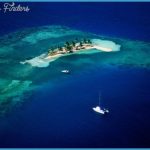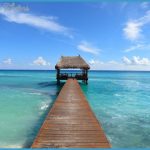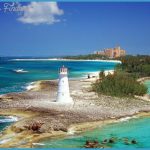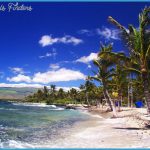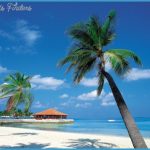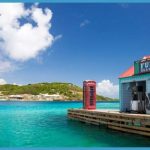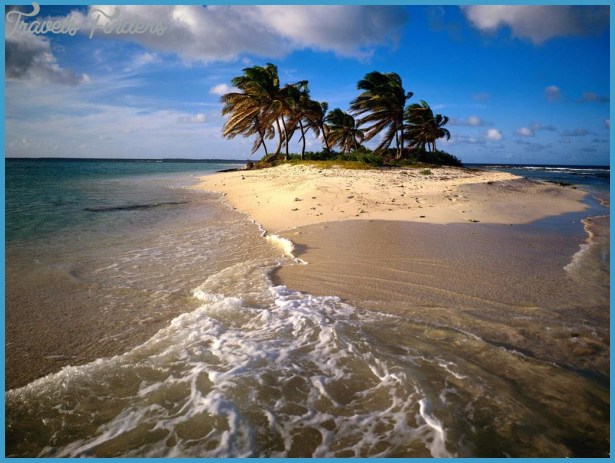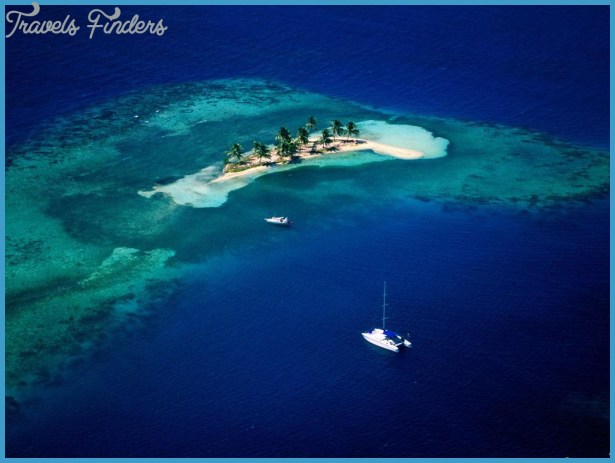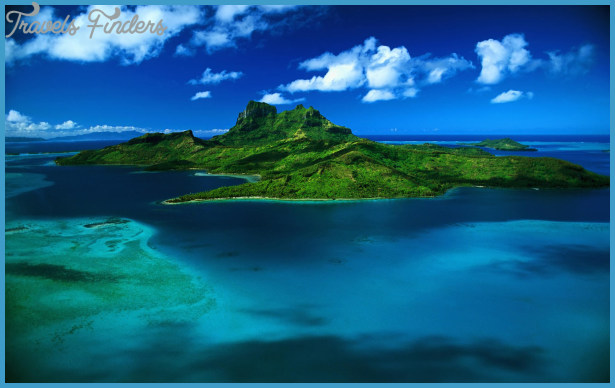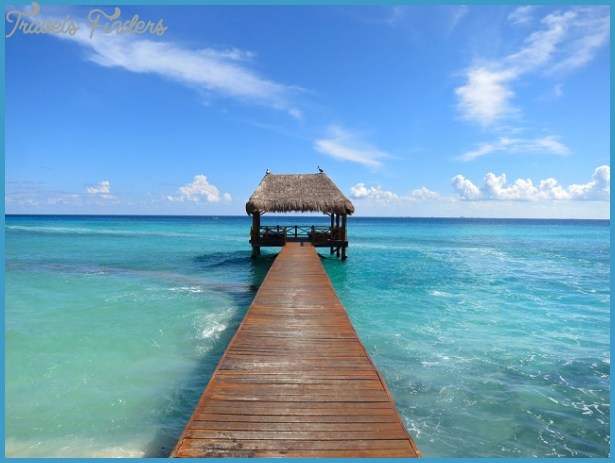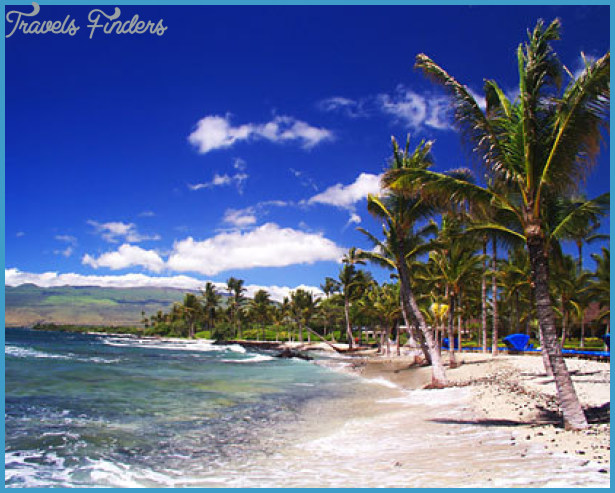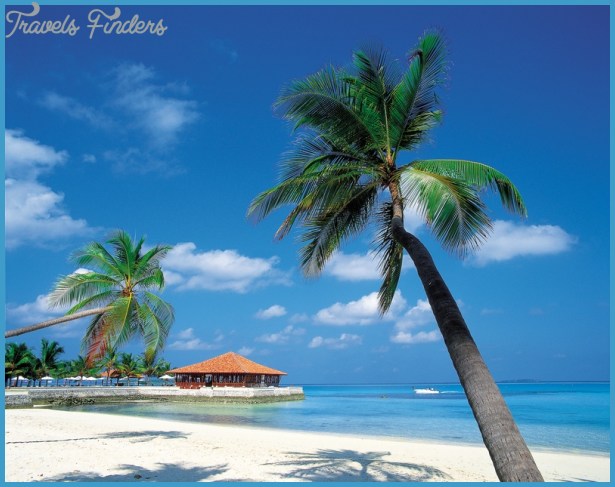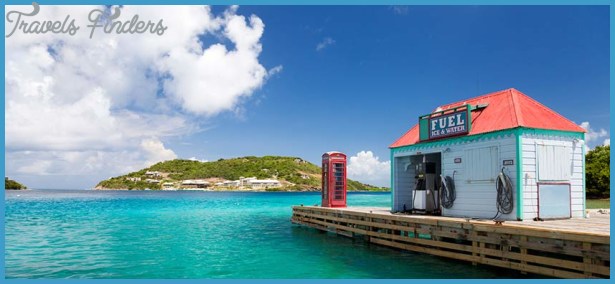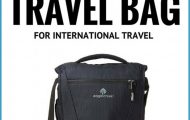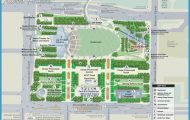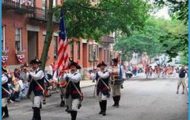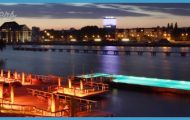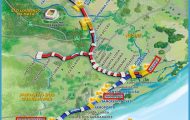Travel to and within the Caribbean Basin is relatively easy by air. Major airlines fly widebodied aircraft from Miami and other Eastern cities nonstop to San Juan’s international airport. The large Puerto Rican population of New York City supports high density traffic between that city and San Juan. The result: air fares are among the lowest per mile anywhere. Numerous other direct flights come into the Basin from Europe. Smaller planes provide service between islands.
Flight schedules change seasonally, heaviest traffic being scheduled for the high winter season when Eastern can quickly flip-flop the weather by flying southward. A New Yorker or Bostonian leaves his city in zero weather and walks off the aircraft in San Juan or Barbados into the sun at eighty degrees.
Bermuda is comparatively close to the Eastern Seaboard, about an hour-and-a-half flight from New York City. The Bahamas, at about eleven hundred miles from New York City, can be reached in a little over two hours. Flying time to Puerto Rico and Jamaica at sixteen hundred miles is a little over three hours. Such flight times made the tropical weather of the Caribbean most appealing, especially during the winter.
Another way to experience the Caribbean is by cruise ship the Caribbean being the most popular cruising waters in the world.
Most cruises begin in Miami or Port Everglades. Typically a cruise moves first to Nassau in the Bahamas where the passengers visit the straw market which sits near the docks, have their names embroidered on a straw basket or hat and walk around the small downtown section of town. They may take in a review of the police band that marches during the changing of the guard at Government House. Paradise Island, where there is a covey of hotels and casinos, is reached by bridge from Nassau.
San Juan is one of the layover ports. Old San Juan has two gigantic forts, El Morro and San Cristobel, that are well preserved. Both are national monuments. St. Thomas is another favorite cruise stop. Charlotte Amalie is mostly a giant shopping arcade featuring cameras, jewelry, watches, linens, and liquor.
Kingston, Jamaica, Curacao, and Aruba may be on the itinerary. On shipboard the passenger enjoys a cocoon-like existence, clustered around a small pool, playing games that elsewhere would be considered juvenile, gambling, drinking, and eating. Eating is a preoccupation. Breakfasts, luncheons, buffets, teas, dinners, and midnight soirees are almost continuous. Women usually out-number men, sometimes two to one. The longer the cruise, the older the passenger group.
Ships officers are likely to be Norwegian or British. The crew are multinational, Bajan (from Barbados), Italian, Spanish, Filipino, Greek and others. A rule of thumb: the ship’s complement of crew usually number about one-half the number of passengers. If the ship sails with eight hundred passengers, the crew would total about four hundred.
Many yachts are available for rent in St. Thomas and Grenada. By renting, the owner can write off costs as a business expense. The larger yachts come with a crew. Smaller boats can be rented bare-boat, stocked only with food and liquor and sailed by the people renting the boat.
Grenada and its string of neighboring islands, the Grenadines, is one of the finest of boating centers. Sailors are always within sight of another small island. The same is true for the Virgin Islands.


